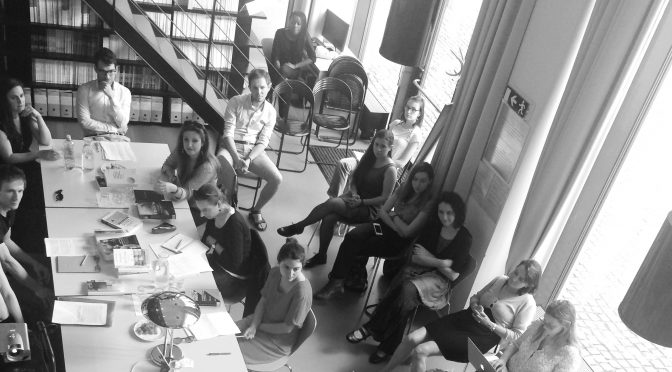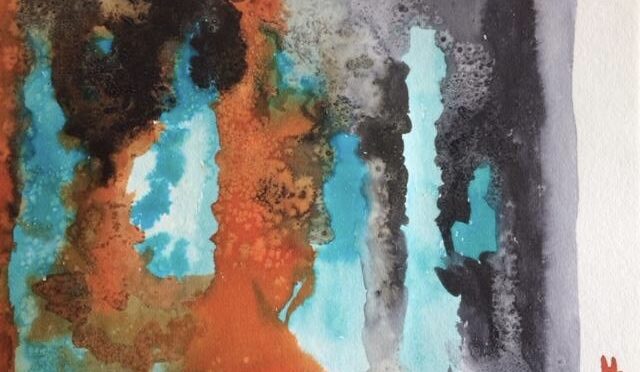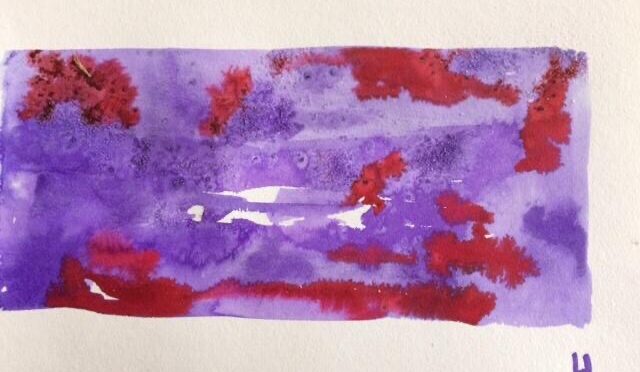Études du CEFRES slouží k šíření prací Francouzského ústavu pro výzkum ve společenských vědách. Především však dává prostor stipendistům ústavu (doktorandům a mladým vědcům) průběžně uveřejňovat výsledky svých prací nebo vyjadřovat se k aktuálním otázkám v oboru.
— Miklos Székely :
Contemporary Art Museums in Central Europe. Between International Discourse and National (Re)building Strategies, Étude du CEFRES n° 17, 2014, 34 p.
— Viera Knutelská :
The Czech Coordination System of European Affairs and Its Inclusiveness, Étude du CEFRES n° 16, 2013, 25 p.
— A partir de l’Europe centrale, analyser un monde qui change. Textes issus du colloque organisé à l’occasion du 20e anniversaire du Centre français de recherche en sciences sociales, Étude du CEFRES n° 15, 2012, 58 p.
— Éloïse Adde (dir.) :
Aux sources de l’idée d’union européenne. Étude du CEFRES n° 14, 2009, 54 p.
— EU 27 : How to cope with the new challenges of agriculture and rural development ?, Étude du CEFRES n° 13e, 2008.
— Comment affronter à vingt-sept les nouveaux défis de l’agriculture et du développement rural ?, Étude du CEFRES n° 13, 2008, 25 p.
— Gérard Lenclud :
Claude Lévi-Strauss aujourd’hui, Étude du CEFRES n° 12, 2008, 26 p.
— Igor Tchoukarine (dir.) :
Entre mythe et réalité : les relations culturelles et politiques entre les Tchèques et les Slaves du sud de l’ex-Yougoslavie aux 19e et 20e siècles, Étude du CEFRES n° 11, 2008, 82 p.
— Jana Kopřivová, Vincent Moreau, Philippe Rusin :
Les collectivités territoriales en République tchèque : compétences, fonctionnement et finances locales. Éléments de comparaison avec la France, Étude du CEFRES n° 10, 2007, 38 p.
— Philippe Rusin :
Pologne ’libérale’ versus Pologne ’solidaire’ – Les deux facettes de la transition vers l’économie de marché, Étude du CEFRES n° 9, 2007, 27 p.
— Gérard Lenclud :
Pour comprendre une culture, faudrait-il adopter son point de vue ?, n° 8, 2006, 18 p.
— Annabelle Coustaury :
L´ODS et l’Europe, Étude du CEFRES n° 7, 35 p.
— Tereza Hyánková,
L’immigration des Kabyles d’Algérie en République tchèque, Étude du CEFRES n° 6, 2005.
— Bertrand Badie,
Raymond Aron, penseur des relations internationales. Un penseur « à la française » ?, Étude du CEFRES n° 5, 2005.
— Olivier Plumandon,
Organisations patronales et tripartisme en République tchèque, Étude du CEFRES n° 4, 2005,
— Proměny „sladké Francie“. Otázky francouzských dějin 30. a 40. let 20. století, Étude du CEFRES n° 3, 2004.
— Carole Pommois :
La consommation à Prague : impacts sur l’espace urbain, Étude du CEFRES n° 2, 2004.
— Cyrille Billaud et François Richard :
Les élections européennes de juin 2004 en Pologne, République tchèque et Slovaquie, Étude du CEFRES n° 1, 2004.




